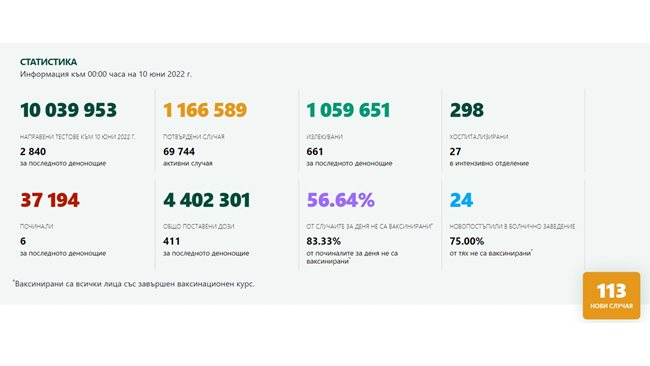The first summer scents of heat don’t only have good sides. In addition to thunderstorms and showers, they also favor the proliferation of mosquitoes, in particular tiger mosquitoes which can carry tropical diseases such as dengue fever, chikungunya or the Zika virus.
Yet some people claim never to get bitten while others end up covered in bites. This inequality in the face of mosquitoes has been a subject of study by many scientists for years. Although no general truth has yet been revealed, we know that it is not all about having “mosquito skin” or “sweet blood”.
In 2004, a Japanese study published in the Journal of Medical Entomology showed that people with blood group O – failing to be more protected from Covid-19 – were more likely to be bitten. These people would have an 83.3% chance of attracting mosquitoes while people in group A would have a 46.5%.
Dark clothes attract
Even if they are almost blind, mosquitoes are still attracted to certain colors of clothing. If you wear clothes black, dark blue or red, you are more likely to be bitten by mosquitoes. Red and black checkered patterns should be avoided at all costs, according to University of Florida medical entomologist Jonathan Day, when asked about NBC News.
Mosquitoes love the smell of sweat
Mosquitoes love lactic acid. However, this substance is secreted during physical effort via sweat. That way you’ll be more likely to get bitten. if you tend to sweat a lotattempted to demonstrate a 2019 study published in the journal Current Biology. Mosquitoes would quickly detect this smell thanks to IR8a, an olfactory receptor.
Pregnant women, more attacked
In addition to sweat, mosquitoes are also attracted to CO2. Since pregnant women have a higher metabolism and produce more carbon dioxide, they are therefore more likely to be bitten by mosquitoes. It is the same for overweight people or people who drink alcohol.
Nevertheless, all these factors may be part of the general explanation but cannot be the sole causes. “In the same way that we are not all equal in relation to the disease, in particular genetically, there are variations from one individual to another“, confided Anna-Bella Failloux, entomologist at the Pasteur Institute, to our colleagues from The Dispatch.
“Man gets used to his ‘own’ mosquitoes. Indeed, as one is bitten, one no longer feels the bite, that is to say that theon s’immunise. We then have the impression of not being bitten when we are”, she added in the regional daily.
–


